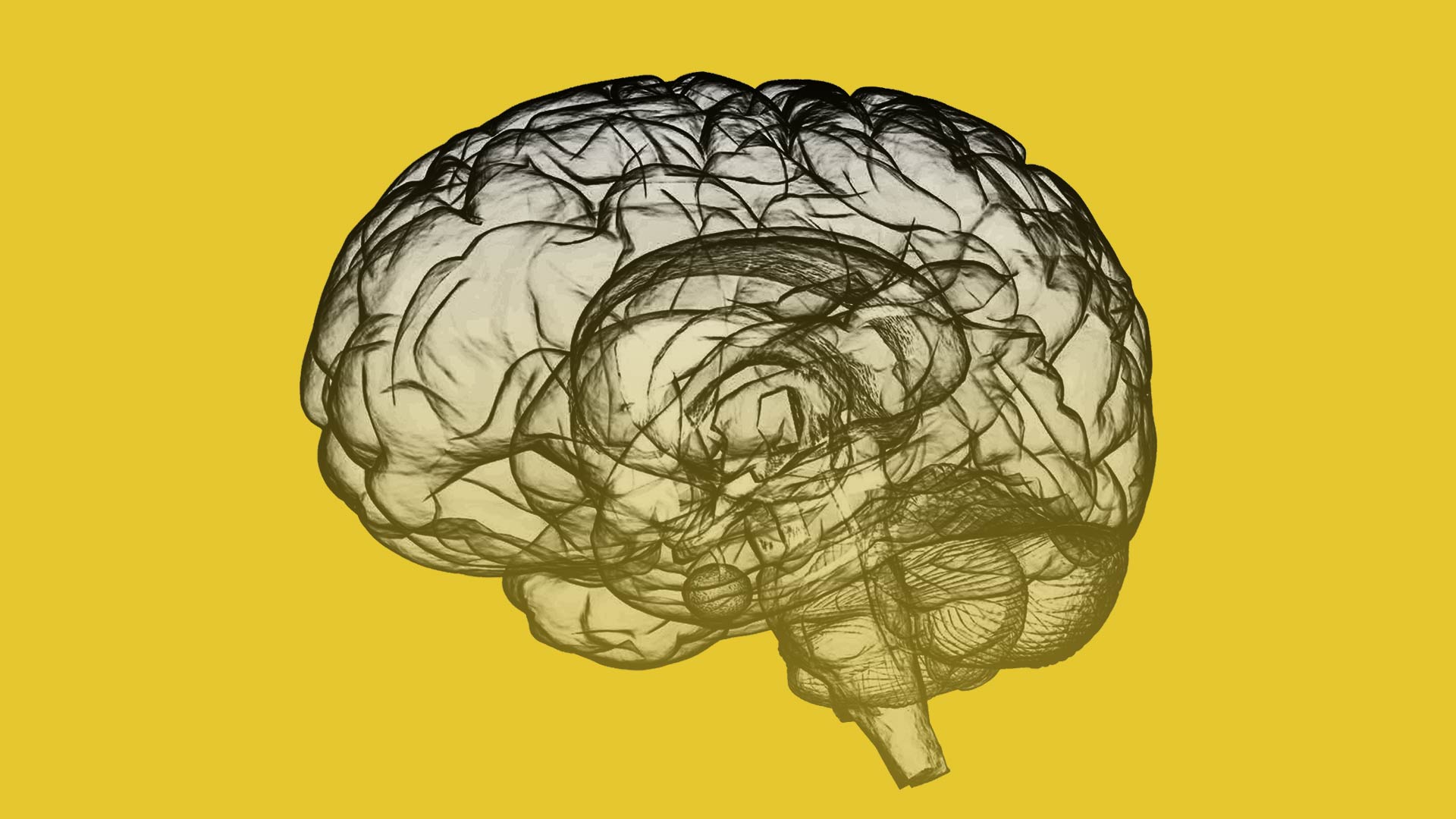
PHOENIX — Scientists in Tucson and Toronto have identified a pattern in brain dysfunctions related to a rare language disorder.
Their findings could aid in the treatment and early detection of dementias.
The research appears in the journal Neuropsychologia.
The team studied Primary Progressive Aphasia, a neurodegenerative disorder that causes a gradual decline in language abilities.
When lead author Aneta Kielar of UA looked at relevant brain areas while subjects performed language tasks, she found their MRIs looked normal.
"It looked normal structurally. But then, during the language task, we can only see that on the functional scan that it was abnormal," Kielar said.
That loss of function likely came from other areas in the language network degenerating, disconnecting and "dropping signal," thereby causing delays in information processing.
This relationship between structure and function could aid in early detection of dementias.


By submitting your comments, you hereby give AZPM the right to post your comments and potentially use them in any other form of media operated by this institution.